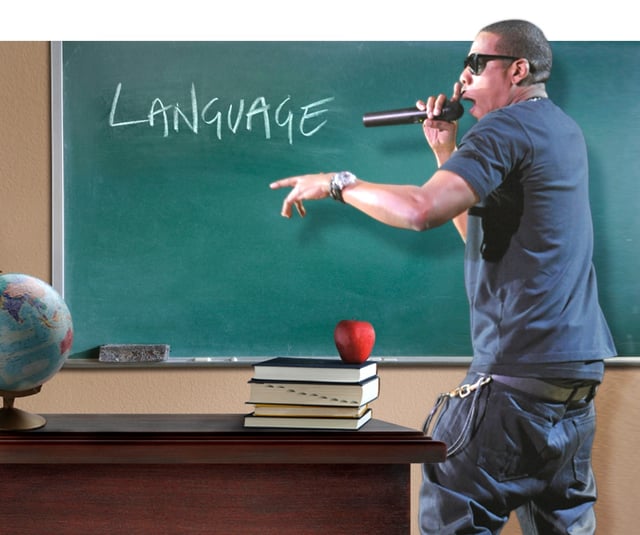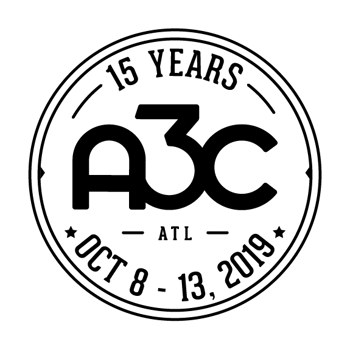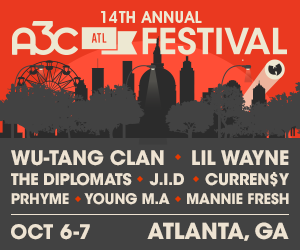 Since the 80's, hip-hop has had a major influence in pop culture. The urban community was founded on the inner city struggle and allowed those in poverty stricken communities the opportunity to voice their concerns and share their stories. Since the hip-hop culture is so prominent in today’s media why isn’t the history and the affects it has on society taught in the school curriculum? Many high-school and college music programs don’t even consider hip-hop to be a real genre of music. Classical and jazz are the main focuses of music education, which makes those who are from predominantly hip-hop, backgrounds the outcast.
Since the 80's, hip-hop has had a major influence in pop culture. The urban community was founded on the inner city struggle and allowed those in poverty stricken communities the opportunity to voice their concerns and share their stories. Since the hip-hop culture is so prominent in today’s media why isn’t the history and the affects it has on society taught in the school curriculum? Many high-school and college music programs don’t even consider hip-hop to be a real genre of music. Classical and jazz are the main focuses of music education, which makes those who are from predominantly hip-hop, backgrounds the outcast.
Outside of the music aspect of hip-hop the use of words and structuring stories can easily be a way to get the youth more engaged in English and literature classes. Hip-Hop is poetry first before music, which makes it a form of art only with words. If we teach traditional art, English, and music classes then hip-hop should also be taught because it ties all those elements together.
For most, hip-hop is seen as the downfall of our youth by promoting drug use, violence, and misogynistic ways. Although these are some of the key elements in hip-hop culture today, it is not fair to categorize this genre as being just that. There are lyrics and statements you can dissect from artist like Nas,Tupac, Kendrick Lamar, and J.Cole that have elements of hope for our communities by expressing real concerns in a hip-hop way. It is possible to use this same approach in the classroom by dissecting certain topics spoken in hip-hop and presenting them to students in an appropriate way that can relate to current or historical events.
All in all there is a huge disconnect between hip-hop and education. To better reach the minds of the youth, it is ideal to go to the source of their influence. It makes lessons more relatable and doesn’t sugar coat or hide the truth about what is going on in society. Often times the education system tries to demonize rap as being a negative influence on the community but never show appreciation for the positive messages in hip-hop. To build a better generation of educators and students, keeping it real is the best solution.


